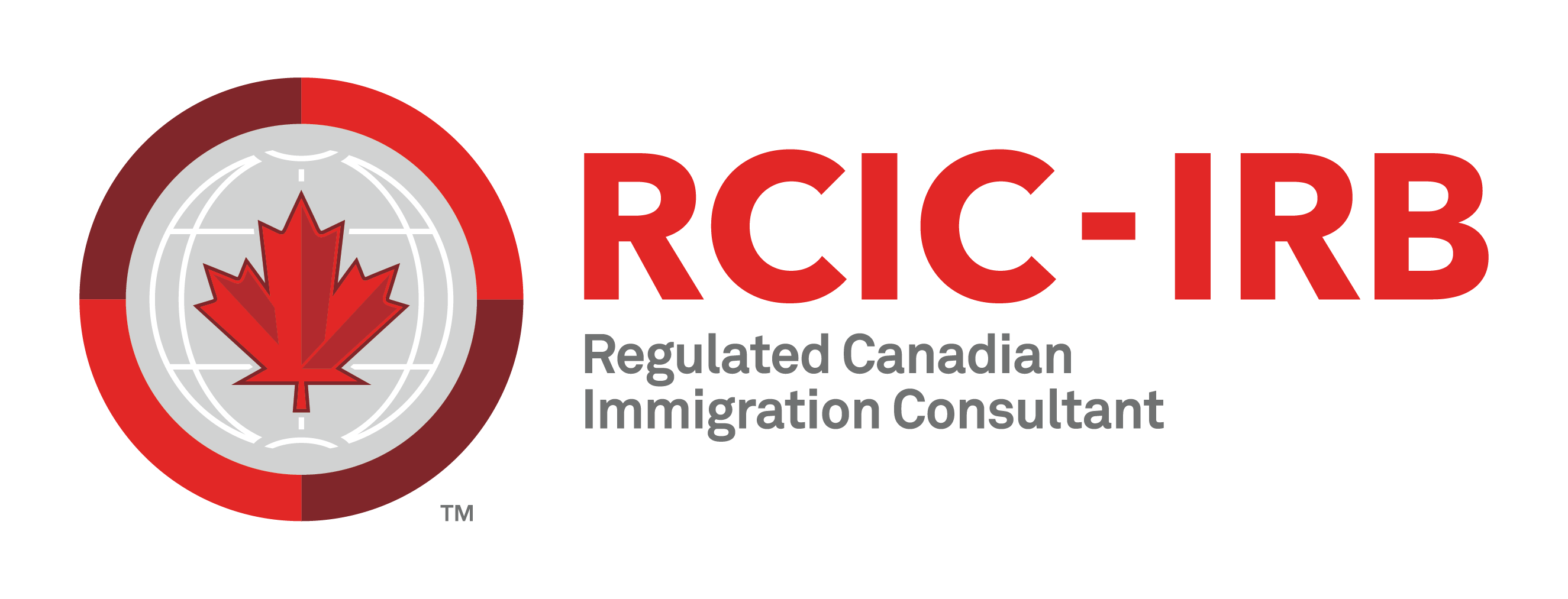Discua v. Canada (Citizenship and Immigration), 2023 FC 137
Canada has long been a destination for individuals seeking refuge and protection from persecution in their home countries. The country’s refugee system is designed to provide a safe haven for those facing life-threatening circumstances. However, the process of seeking asylum in Canada is complex, involving numerous legal and procedural hurdles.
The case of Darlin Melissa Lazo Discua and her daughter Emely Monserrath Mejia Lazo sheds light on the challenges faced by asylum seekers in establishing their identities during the refugee claims process. Proper legal representation and the burden of proof on claimants in the Canadian refugee system is of critical importance.
Overview of the Case
Darlin Melissa Lazo Discua and her eight-year-old daughter, Emely Monserrath Mejia Lazo, arrived in Canada from Honduras in May 2019. They sought refugee protection on the grounds of persecution by the notorious Mara Salvatrucha (MS-13) gang in Honduras. They entered Canada through Fort Erie, Ontario, after spending time in the United States without legal status. Unfortunately, their initial claims were denied by the Refugee Protection Division (RPD) of the Immigration and Refugee Board of Canada (IRB). The primary reason for this denial was the RPD’s assertion that the applicants had not established their national identities.
Following this denial, Darlin Melissa Lazo Discua and Emely Monserrath Mejia Lazo applied for judicial review of the RPD’s decision under subsection 72(1) of the Immigration and Refugee Protection Act (IRPA). They contended that they had received ineffective legal representation during the RPD proceedings and argued that the RPD’s decision was unreasonable.
During their initial interaction with Canadian authorities, the applicants identified themselves as Honduran nationals, providing birth certificates, a marriage certificate, and an identity card issued by a community organization in Kansas City as proof of their identity. These documents were later submitted to the RPD by the Canada Border Services Agency. The applicants completed their refugee claim forms with the assistance of their legal counsel. While identifying themselves as Honduran nationals, they mentioned not having passports or national identity documents.
The principal applicant’s husband and Emely’s father, Ronal Donary Mejia Bonilla, was already in Canada on a work permit when they arrived. He had been working in Canada since 2015 as an agricultural laborer, returning to Honduras for brief periods each year. Bonilla and Discua officially married in Honduras in August 2018 after years of being in a common-law union. Later in the process, Bonilla submitted his own claim for refugee protection and provided his valid Honduran passport as proof of identity.
RPD Proceedings
The applicants were represented by legal counsel which plays a pivotal role in guiding claimants through the complex asylum process. In this case, the legal counsel’s competence and effectiveness came into question. The applicants’ legal counsel did not inquire further about the identity documents, relying primarily on Ronal Donary Mejia Bonilla’s identification of the applicants. The applicants’ legal counsel did not adequately address the issue of identity documents during the RPD proceedings, nor did they probe further into the identity-related challenges faced by Darlin Melissa Lazo Discua. This omission would later prove to be a critical factor in the case.
During the RPD hearing, the panel questioned both Discua and Bonilla regarding their experiences in Honduras. However, the member presiding over the hearing focused extensively on the issue of identity documents, particularly regarding Discua. When asked about her passport, she indicated that she had never possessed one and explainted that her only form of government-issued identification, a national identity card, had been taken by U.S. immigration authorities when she entered the United States.
The member pressed her on why she had not obtained passports for herself and her daughter during their two years in Canada.
RPD Decision
In the RPD’s decision dated March 9, 2021, the panel concluded that the applicants had failed to establish their personal and national identities. This failure was based on the absence of government-issued photo identification, such as passports or national identity cards. The panel cited the applicants’ inability to produce such documents as a significant credibility issue.
The RPD emphasized that all refugee claimants must provide documentation to establish their identities on a balance of probabilities or provide a reasonable explanation for not possessing such documents. In this case, the panel found that the applicants had not made adequate efforts to obtain these documents, despite having legal representation. The decision also questioned the reliability of the husband’s identification of the applicants, stating that it lacked the impartiality required to establish identity. Consequently, the RPD rejected the claims for protection.
Legal Implications and Analysis
The case of Discua and her family underscores several crucial aspects of Canada’s refugee system. Refugee claimants are required to prove their identities to establish their eligibility for protection. This burden rests on the claimants themselves, and they must provide convincing evidence to support their claims. While refugees may face challenges in obtaining identity documents from their home countries, it is essential to make reasonable efforts to secure such documents. Claimants should be informed of this requirement by their legal counsel. Competent legal representation is essential for guiding claimants in presenting their cases effectively. The credibility of refugee claimants is a significant factor in the determination of their claims. Any inconsistencies or omissions in the information provided can impact their credibility.
Takeaway and Lessons
This case serves as a call to action for continuous improvement in legal representation, documentation procedures, and credibility assessments to ensure that Canada remains a safe haven for those in need. Consistency and transparency in presenting information, as well as addressing any inconsistencies, are vital to establishing trust with decision-makers. While obtaining identity documents from home countries can be challenging, claimants and their legal representatives must make reasonable efforts to secure such documents. Awareness of this requirement is essential to avoid credibility issues during the asylum process.
As Canada continues to be a destination for those seeking refuge, it is essential to ensure that the asylum process is fair and just, allowing individuals like Darlin Melissa Lazo Discua and Emely Monserrath Mejia Lazo to present their cases effectively and receive the protection they seek. The refugee system should strike a balance between upholding standards and recognizing the unique challenges faced by claimants. Decisions should be based on a fair and compassionate assessment of the circumstances. The asylum process must evolve to address the evolving needs of refugees and the changing global landscape. Lessons from cases like this one should inform efforts to improve the system, ensuring that deserving individuals receive the protection they seek.
For all your Canadian immigration needs, we are here to help. Book a consult today with Al Dar Immigration Services.
Website: https://www.aldar.ca
Email: info@aldar.ca
Phone #: +1 807-356-1731


